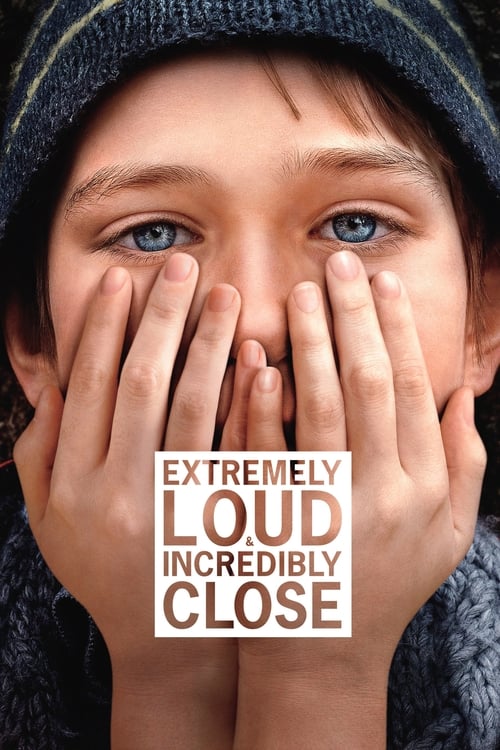
Title: Extremely Loud & Incredibly Close
Year: 2011
Director: Stephen Daldry
Writer: Eric Roth
Cast: Tom Hanks (Thomas Schell),
Sandra Bullock (Linda Schell),
Thomas Horn (Oskar Schell),
Viola Davis (Abby Black),
John Goodman (Stan the Doorman),
Runtime: 129 min.
Synopsis: A year after his father's death, Oskar, a troubled young boy, discovers a mysterious key he believes was left for him by his father and embarks on a scavenger hunt to find the matching lock.
Rating: 6.973/10
Echoes in the Heart: The Fragile Brilliance of Extremely Loud & Incredibly Close
/10
Posted on August 22, 2025
Did a child’s scavenger hunt ever feel like it could mend a broken world? Extremely Loud & Incredibly Close (2011), directed by Stephen Daldry, dares to ask, plunging us into the chaotic, curious mind of Oskar Schell, a boy navigating grief after 9/11. Adapted from Jonathan Safran Foer’s novel, the film is a kaleidoscope of raw emotion and jagged hope, but its ambition doesn’t always land. Let’s unpack what makes it soar and where it stumbles, and why it still resonates in 2025.
Thomas Horn’s debut as Oskar is the film’s beating heart. His wide-eyed intensity part precocious, part unhinged captures a child wrestling with loss in a city scarred by it. Horn, a non-actor discovered on Jeopardy!, brings an unpolished authenticity that outshines even Tom Hanks and Sandra Bullock, who play his parents with tender restraint but feel underused. Oskar’s quest to solve a mystery left by his father a key with no lock drives a narrative that’s less about answers and more about the search itself. Horn makes every frantic step feel like a plea for connection, a reminder that grief doesn’t follow a script.
Visually, Daldry and cinematographer Chris Menges craft a love letter to New York, its streets pulsing with life yet haunted by absence. Close-ups of Oskar’s trembling hands or scribbled maps contrast with sweeping cityscapes, mirroring his inner turmoil against a vast, indifferent world. The score by Alexandre Desplat, delicate yet piercing, weaves through these images like a lullaby for the broken. But the film falters in its pacing, occasionally bogged down by sentimental detours that dilute its raw edge. Some plot threads, like Viola Davis’s understated but powerful cameo, beg for more room to breathe.
In 2025, as we grapple with collective trauma and fractured communities, Oskar’s journey feels urgent. His obsessive need to find meaning mirrors our own scrolling, searching habits on platforms like X, where we chase connection in a noisy world. Yet the film’s earnestness can feel out of step with today’s cynical audiences, who might crave sharper irony. Still, its refusal to shy away from messy emotions makes it a bold artifact, one that asks us to listen closely to the stories we tell to survive.
Daldry doesn’t solve grief, nor does he try. Instead, he gives us a boy, a key, and a city that hums with possibility. Watch it, and you’ll hear echoes of your own heart loud, close, and aching to be heard.
0
0
